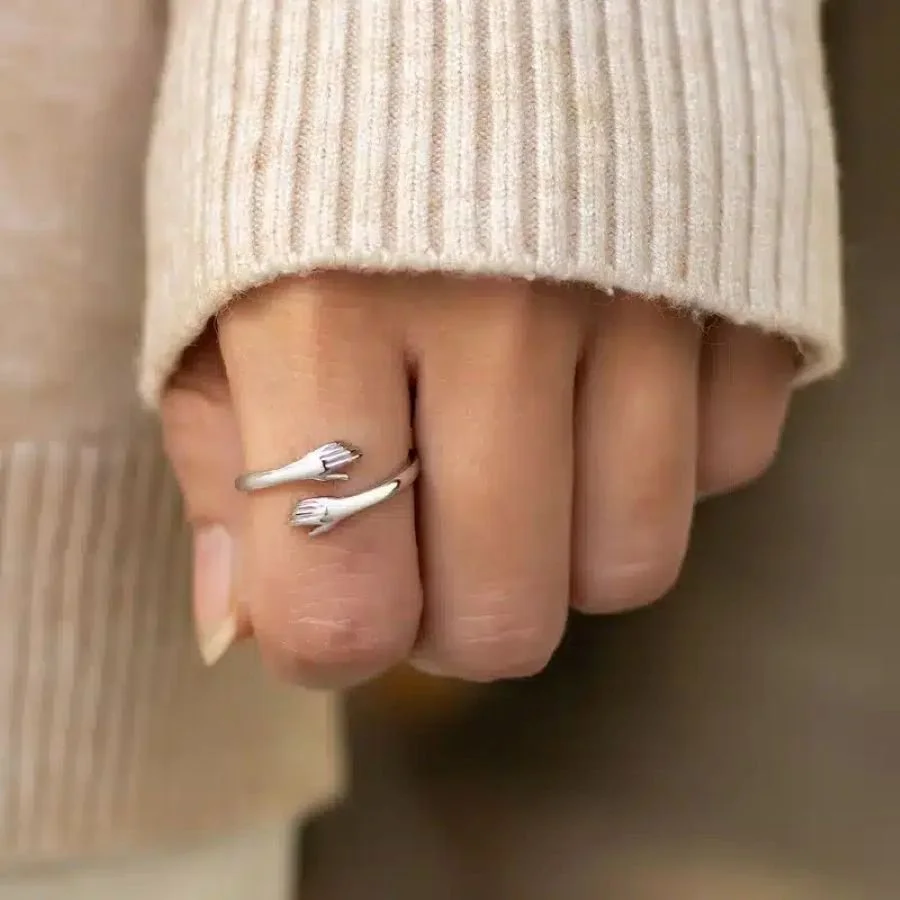5 Life Skills to Explore with Your Child from a Young Age
/Table of Contents
All children need to be taught life skills. They help us to make the most out of life in various circumstances. Life skills are varied of course and even something as simple as dressing oneself or paying for goods in a shop are considered life skills.
As our children grow, they’re able to manage more complex skills and how you approach introducing them to these necessary skills will have a degree of influence on how happy they are to take on these new abilities.
When they begin school, children will usually have the opportunity to learn some of the earliest life skills necessary; at this boarding school in Berkshire, students take on more responsibilities as they move through the system and become more knowledgeable. This builds self-confidence and creates a sense of community.
Let’s look at some accessible life skills which you can explore with even the youngest children.
Credit: Unsplash.
Social Skills
Social skills are one of the most important of all the life skills. Without good social skills, it’s difficult to learn anything new, to make friends or to manage basic human interactions in shops and other community environments.
Small children aren’t the most reliable socially – many children of this age are still shy and keen to remain close to their main caregivers. However, it’s important to encourage children to be polite and open when appropriate.
This is one reason why many parents choose to send their children to playgroups or classes for toddlers. Simply being in close proximity to other children is often enough for children to begin learning basic social skills.
Teaching good manners are first and foremost in social skills – always model good behaviour by saying please and thank you, children learn quickly when shown the correct way to interact with others! Help your child to play nicely with others by encouraging turn-taking and general thoughtfulness towards smaller children.
Personal Care
If they are given the opportunity, many children are perfectly capable of dressing and undressing themselves from quite a young age. Children of two can remove their own shoes if they’re easy to slip on and off. Similarly, children of 4 and 5 can wash themselves if shown how. Teaching your child some self-care skills will not only boost their confidence but also make transitioning to school much easier for everyone concerned.
Credit: Unsplash.
Chores
Simple chores at home give your child a sense of responsibility and let’s them know that they’re skilled and trustworthy. As they grow, the good habits learned at an early age will remain with them. Some simple chores for under 7s include tidying away toys at the end of the day, weeding in the garden, laundry, feeding pets and helping with recycling. Children who take on some small jobs at home will also be developing their hand-eye coordination as they manage the necessary tools.
Cooking
The smallest children can assist with food preparation if not the actual cooking. Understanding the basics of food handling is a very useful skill and one which you can expand on as they grow. Start with the basics rules – clean hands! Show your child how to wash their hands properly and help them to make a sandwich. Baking is fun and you should let your child take on the fun parts of the process such as cracking eggs and beating the mixture.
Navigating
Obviously, small children aren’t reliable when it comes to reading maps so that’s something you can focus on later when literary skills are fully developed. However, even little children can be helped to understand the basics of ‘finding the way’.
When you’re out and about, show them landmarks, help them to notice the routes you’re taking whether driving or walking. Show them street signs and other notices.
As they begin to understand what these environmental features mean, they’ll begin to take more notice of them. When they’re older, they’ll feel more able to cope with getting out and about alone.
Developing life skills is really a never-ending process. Even as adults we’re constantly engaged in picking up new life skills and improving on existing ones.
Help your child by setting the most basic skills in place before they begin school and they’ll feel more capable, more confident and more self-assured.
Disclosure: This is a collaborative post.
















(1).jpg?w=300&h=250)





.jpg)








